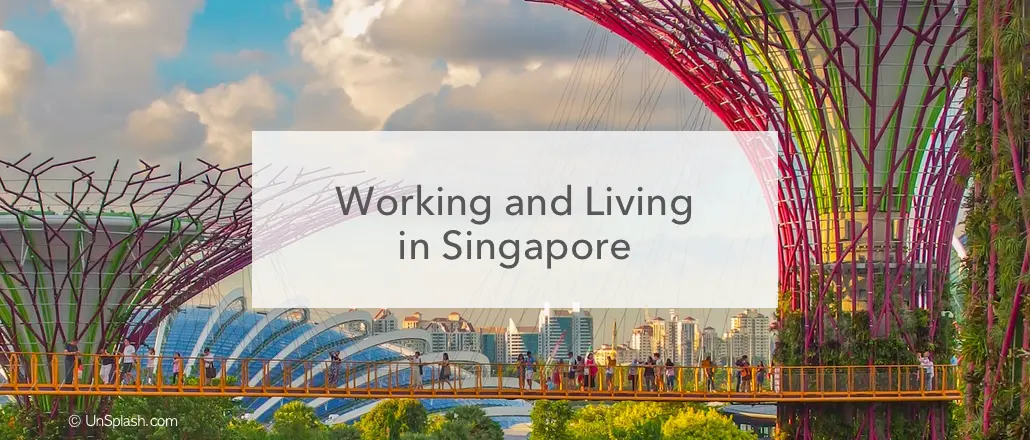
Living and Working in Singapore
Singapore in S.E. Asia has had a reputation for extraordinary expat life since 2018. And even in 2023, it is high in the list of remote workers and young professionals.
With more than a quarter of its workforce coming from overseas Singapore is an international hub filled with colorful culture and activities. In Singapore, you can meet people from ‘back home’ and blend those contacts with international friendships and colleagues.
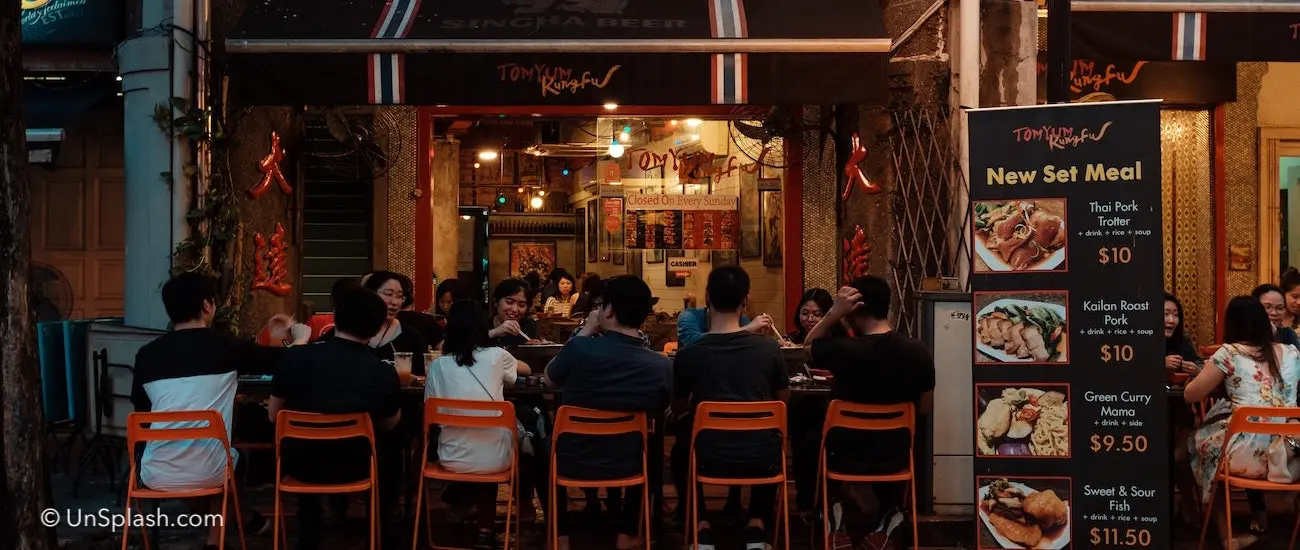 The cost of living in Singapore
The cost of living in Singapore
As a former British colony, Singapore is rated one of the best economies for business in the world, which is why it is such a popular destination for ex-pat workers from the USA and the UK. You will quickly make friends here, and if you move with family, education is excellent. However, the downside is that the costs of renting and buying a property in Singapore are higher. It is also one of the safest countries in the world for expats.
The cost of living in Singapore is high. Singapore is one of the most expensive cities to live in. When you plan to move to Singapore, you have to make sure your income will cover the expenses of daily life plus that extra we all need to enjoy ourselves. Websites like Numbeo will give you a good estimate of the prices of groceries, transportation costs, living expenses, and eating out.
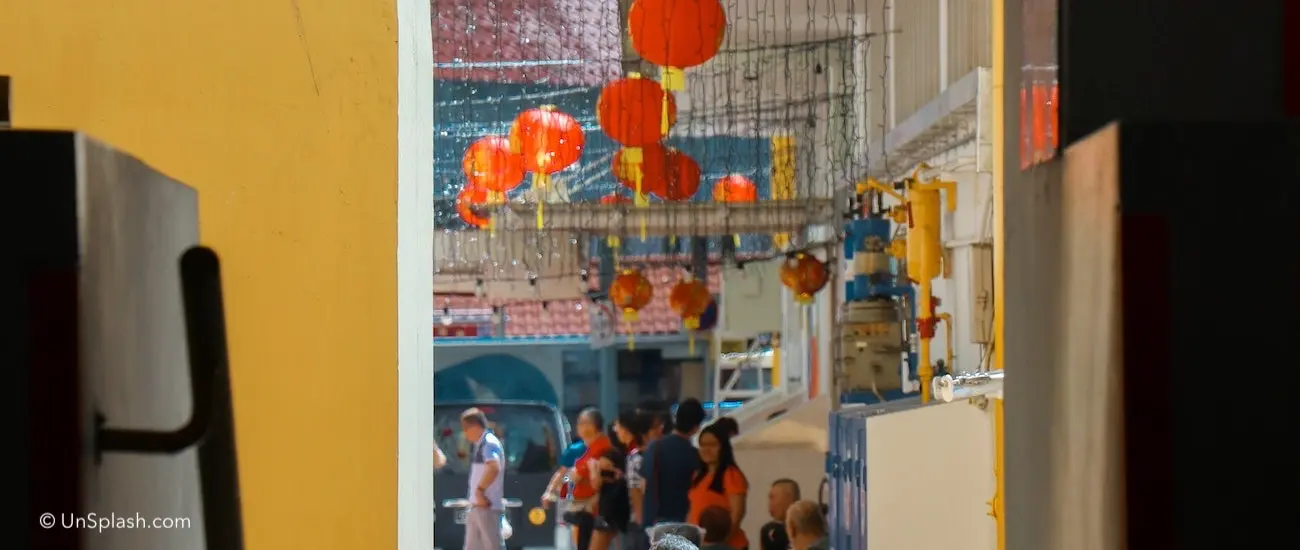
How can I find a house in Singapore?
It is wise to look around at real estate agents and first look around where you want to live and what location provides you with the best access to work, shops, and schools.
Good expat neighborhoods are
- Tiong Bharu, also known as Singapore’s Brooklyn
- Holland Village
- Tanjong Pagar, known for its many restaurants
- Woodlands, loved by people from the USA
- Sentosa, for the more upscale expats that want more luxury
Although foreigners can get a mortgage on a property this usually only covers up to 80% of the property value, you have to pay the remaining amount plus costs and fees in cash. Most mortgages require life insurance.
Rent for a property varies from 700 SGD (around 500 USD) for a room in a shared apartment up to 1500-4000 SGD for a 1-bedroom apartment. Building facilities and maintenance, government taxes, and city fees are not included nor are utilities.
The website Property Guru might be a good starting point if you want to orientate in the housing market in Singapore.
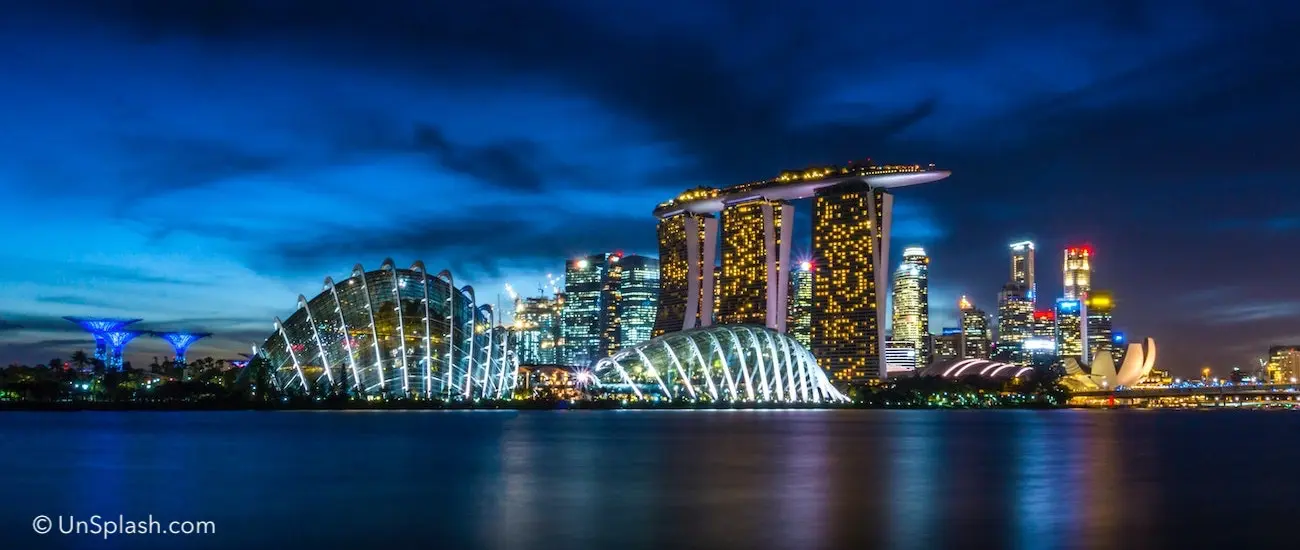 How can I find a job in Singapore?
How can I find a job in Singapore?
Most people move to Singapore after they have found a job, this way the employer will guarantee a visa and work permit. Good jobs that are plenty available are in IT, teaching, and finance. You can look for jobs on recruiter websites like Indeed, and MyCareersFuture, a website run by the Government, For every job, you need permission from the Ministerie of Manpower through a work permit. There are several different work permits for different industries and situations. You can check them out here (click).
When you visit the homepage of this website you also find a tab called “Employment Practices”. I strongly advise you to read that part as well to see if you really will thrive in the work culture of Singapore.
What Visa do I need to work and live in Singapore?
Now we have accommodation and work and a work permit sorted out it is time for your visa application. Now here on Floating Coconut Website I am kind of hesitant to write all the requirements and describe the procedure. Because from experience I know how fast that information will be outdated. Immigration laws and visa requirements change almost every year. So instead of feeding g you the wrong information, there is enough of that already available on the internet, I rather send you right to the source of the visa information and application procedure.
Are there any good schools for my kids?
When moving to Singapore with a family you have a variety of choices in schooling, there are international schools, privately owned schools, and State schools. All have waiting lists, and private schools come at a cost.
Some schools charge anything between 2000 SGD for smaller private schools to 10.000-50.000 SGD for larger institutes. These fees may not include additional costs for clothing, books, and excursions.
State schools give local kids priority over expat children. All schools have waiting lists so make sure you enroll your children as early as possible.
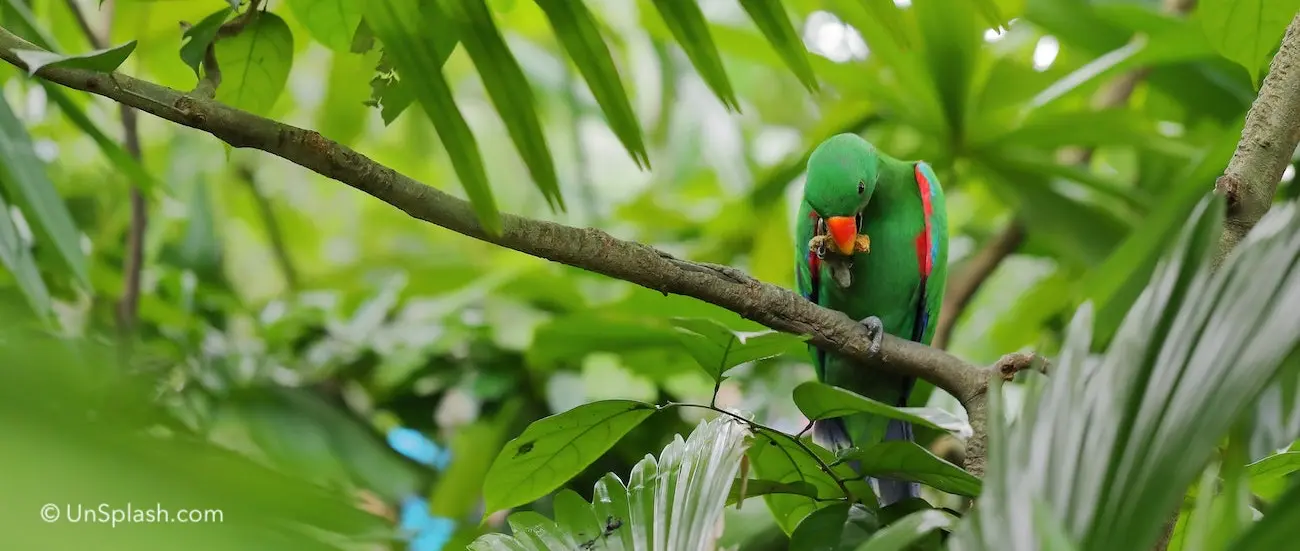
Also good to know about living in Singapore
Singapore is a multicultural city and it is wise to read up about local customs and things like special holidays, food, and culture. The fast-growing expat hub offers great career opportunities and has a high score on the happiness scale because the city and the island on which it is built have a lot to offer
Some extra tips for those moving to Singapore:
- The main language in Singapore is Malay, but most business people speak English, it might be nice to speak some Malay so you can also communicate with people outside your work.
- You do not need a car in Singapore, you can get everywhere by public transport which connects every part of the city, if you do get a car you need to change your driver’s license into a local driver’s license within 12 months after arrival
- If you plan on renting an apartment you need to have 3 months of rent upfront available for a deposit.
- You have to submit a tax form and pay taxes every 6 months
- You may need vaccinations before you can enter Singapore, check with your local health office or with the embassy of Singapore in your country
- Some medications are illegal in Singapore, if you are on any medication check if it is available and if you are allowed to bring your own supply
- Singapore has a high standard of healthcare and private hospitals, government hospitals and specialist clinics are available
- as an expat, you do not qualify for government health insurance and you need to get an international health insurance